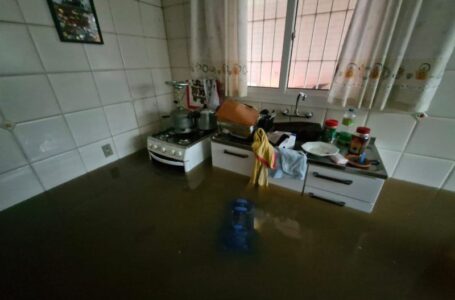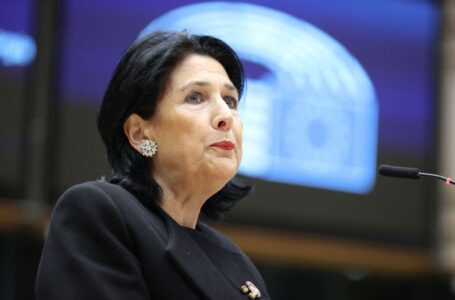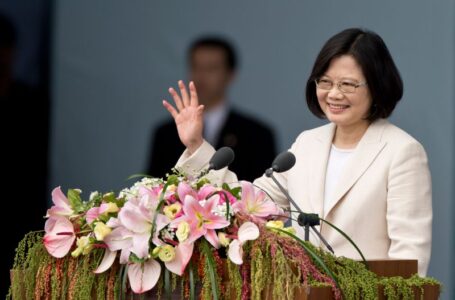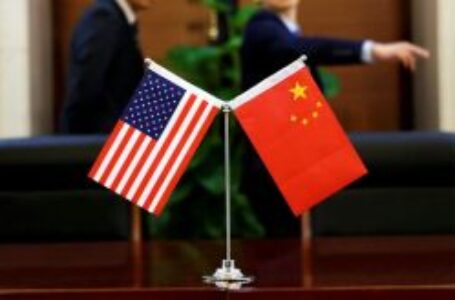The biggest jabs and most memorable lines from the Republican debate
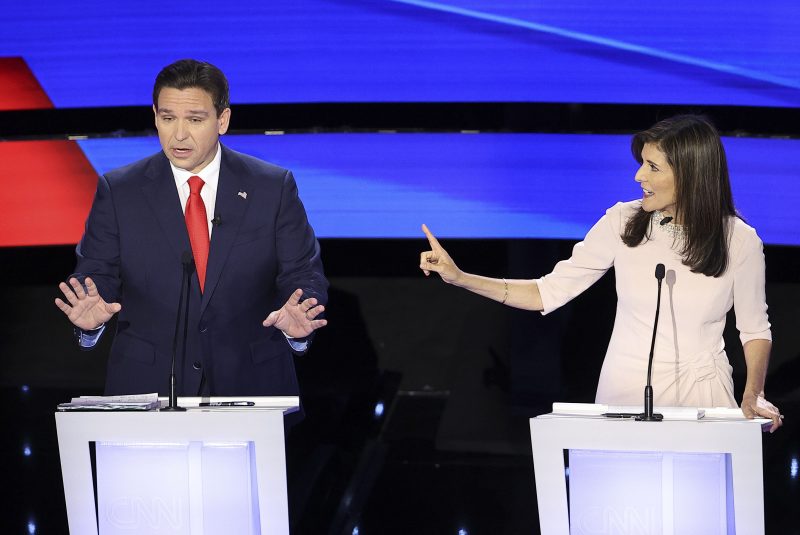

Florida Gov. Ron DeSantis and former U.N. ambassador Nikki Haley picked up at the first Republican presidential debate of the election year where they had left off in 2023 — accusing each other of being dishonest, incompetent and unable to lead the party, much less the country, if elected to the White House.
They aired their attacks during Wednesday’s debate hosted by CNN at Drake University in Des Moines. The race’s poll leader, former president Donald Trump, was also in Des Moines but continued his streak of skipping debates and spoke at an event hosted by Fox News.
The candidates recycled many of the main themes and some attack lines that they used for much of the presidential campaign, though a few of the zingers stood out.
Here are the most memorable lines of the night:
DeSantis called attention to Haley’s recent attempts to clarify or recast statements she’s made that have come under scrutiny.
These range from saying she wanted to ban anonymous online comments to more recently initially declining to cite slavery as the cause of the Civil War.
Haley appealed to the crowd at the college campus, while circling back to her argument that DeSantis is untruthful when describing her record. Throughout the night, Haley urged viewers to fact-check her opponent by visiting a site her campaign created: desantislies.com.
Some ads attacking Haley, made by pro-DeSantis Super PACS, have been misleading, according to an analysis by The Washington Post’s Glenn Kessler. But at least one pro-Haley ad has been described by Kessler as “an especially desperate attempt to muddy the waters.”
2024 presidential election
End of carousel
Haley was quick to note the absence of Trump at the debate. CNN’s Jake Tapper, one of the moderators, said Trump had been invited to participate but declined. Trump has led his rivals throughout the race and refused to participate in any of the debates thus far.
While DeSantis and Haley were debating, Trump held the spotlight at his Fox News town hall where, among other things, he took credit for the overturning of Roe v. Wade.
Though some online wondered whether DeSantis was taking a gendered dig at Haley — the only woman who has run for president in the 2024 cycle — by implying his policies stand out in “bold colors,” rather than his opponent on the stage, whose would be like “pale pastels.” But the line wasn’t a dig at Haley’s gender, nor was it a DeSantis original. Then-California Gov. Ronald Reagan made the “bold colors” and “pale pastels” phrasing famous in a 1975 speech at the Conservative Political Action Conference.
This week, the White House acknowledged President Biden did not know for days that Defense Secretary Lloyd Austin had been hospitalized for complications following surgery to treat prostate cancer. At the debate, it was Haley who raised the issue and called it “unforgivable.” She also used that moment to note that her husband, Michael, “is deployed right now,” giving her a direct connection to the military, a key constituency in Republican politics.
Moments later, DeSantis sought to remind the audience about his military record. “I deployed to Iraq in 2007 and 2008. I understand what our military goes through,” he said.
In one of the sharpest exchanges of the night, Haley pointed to DeSantis’s high spending and plateauing poll numbers to question his ability to govern.
She alluded to the high turnover at the Super PACs supporting his candidacy and said, “He’s spent more on private planes than on commercials” advertising his candidacy.
“I flew commercial. I stayed in Residence Inns, and we went and saved our money,” Haley said to hammer home the contrast she was drawing with DeSantis. “We made sure we spent it right because you have to understand it’s not your money. It’s other people’s money, and you have to know how to handle it. If he can’t handle the financial parts of a campaign, how is he going to handle the economy when it comes to the White House?”
DeSantis — who has relied on Super PACs to power much of his campaign’s travel and field operation — tried to downplay the substance of the attack, noting Haley is talking about campaigning, not policies.
“This is a great window into leadership because she focused on a lot of political process stuff,” he said. “Things that no voter cares about.”
DeSantis said he wants to revive U.S. manufacturing, a topic Republicans and Democrats have long said they want to see happen. DeSantis suggested the government would need to offer tax and regulatory incentives to make that a reality.
He also lamented how parts of Iowa had been “hollowed out” and proposed bolstering workforce education in the United States to build up a “strong industrial base. “ “Not everyone needs to do a four-year brick-and-ivy university,” said DeSantis, who graduated from Yale and Harvard. “That’s not the best way or only way for people to succeed.”
It should be noted, however, that Biden has made improving U.S. manufacturing a priority in his first term. In August 2022, he signed into law the bipartisan Chips and Science Act, which provided $52 billion in subsidies to spur construction of more than a half-dozen big semiconductor manufacturing facilities in the United States.

